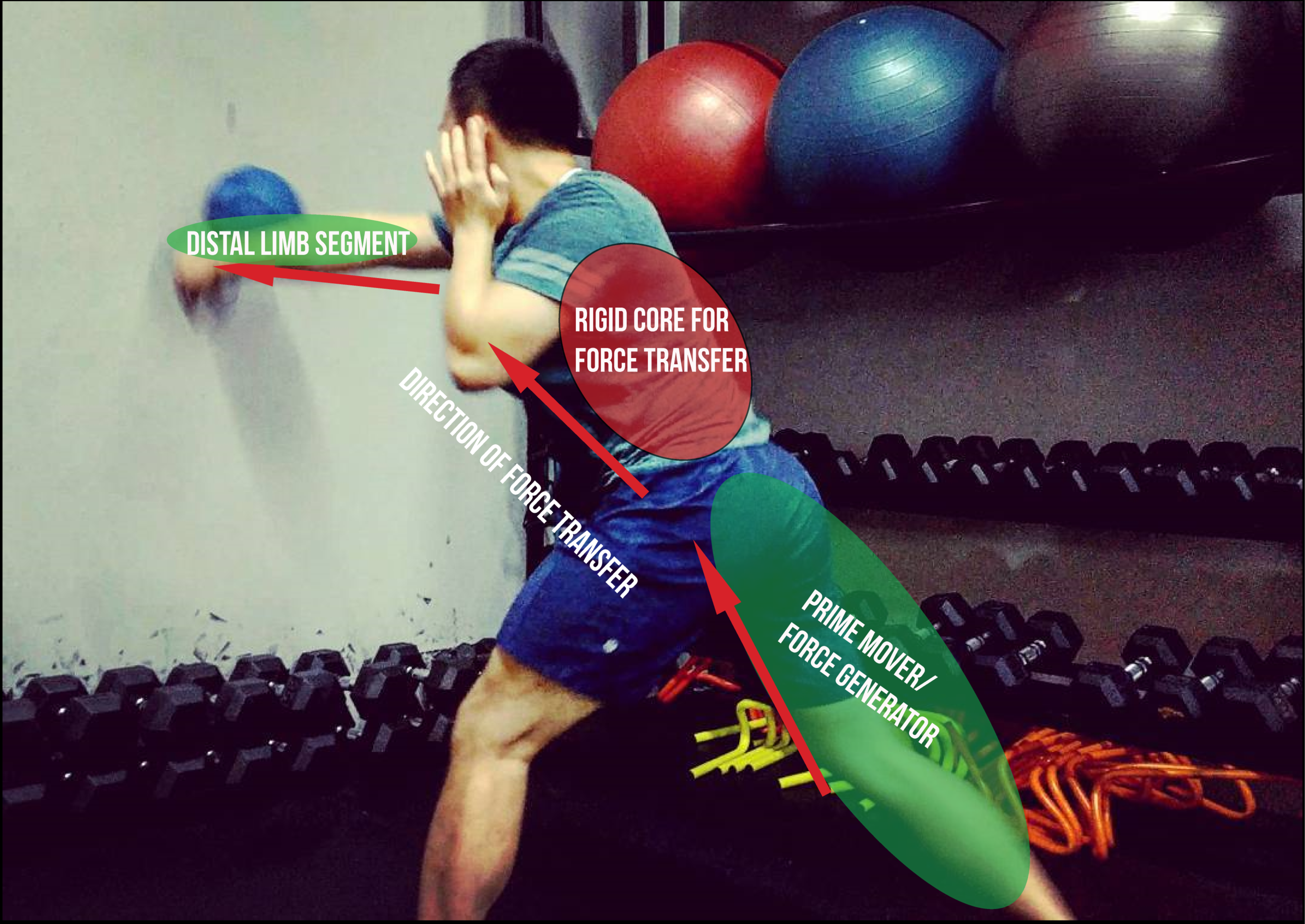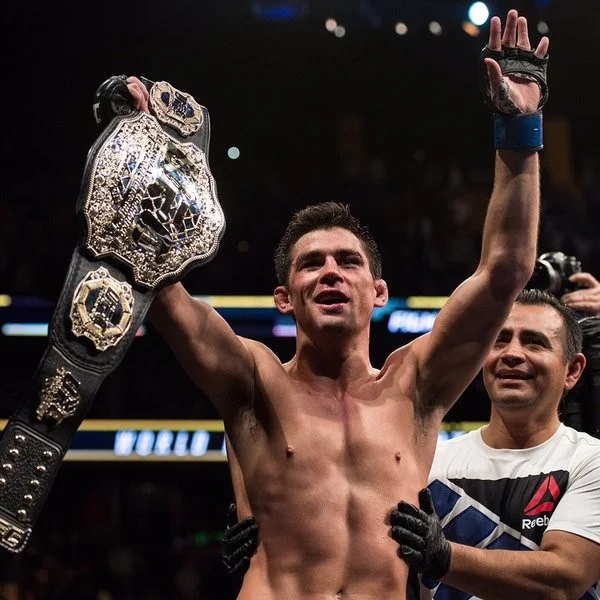My Thoughts on the FMS (Functional Movement Screen)
I recently had someone ask me whether getting the FMS certification was worth it. Like many questions, I answered... "it depends".
FMS Certification For Trainers & Coaches: Good Idea? Or Stay Away?
I recently had someone ask me whether getting the FMS certification was worth it. Like many questions, I answered... "it depends".
For those who don't know, the FMS (functional movement screen) is a fitness assessment created to look for "movement dysfunction". The FMS can be a good tool for new personal trainer and coaches to use as an initial assessment and as practice as they become more familiar with human movement. But becoming dependent on an arbitrary set of exercises to understand movement dysfunction and predict injury risk is something many trainers and coaches should avoid as they progress through their career.
Using pre-determined movements and quantifying movement quality is the complete opposite of conscious coaching and dismisses the idea of movement variability.
Conscious coaching requires adaptability and interaction.
Stop staring at your piece of paper; start watching your athletes and patients move. Figure out which movements are required in their sport or daily life because the definition of "functional" movement varies from sport to sport and one environment to the next. Talk to your athlete or patient about their confidence (or uncertainty) about particular body positions or movements. Design well-structured training programs that control for load, fatigue management, and injury reduction. Since your athletes and patients will most likely come from many different backgrounds, conscious coaching and assessment will do heaps more than some standardized test will.
This is not to say I'm against writing anything down. Notes should be taken when necessary.
Instead of writing: "Scored a 2 on the lunge test", a conscious coach will watch their athlete and note: "knee valgus during fast change of direction when running - check hip and leg complex and assess previous injury history and running/agility technique."
Some argue that the fact that FMS can be standardized to help sports teams. Several of studies have come out showing that their findings do not support the "predictive validity of the FMS" and that the FMS does "not relate to any aspect of athletic performance", so using an invalid assessment is stubborn and a waste of precious time, no matter how consistent it is. Can the FMS be useful? Of course. But consider the picture blow:
The FMS is 8% better than a coin toss. Let that sink in.
Like I said earlier, the FMS can be useful for new trainers and coaches. However, the end goal should be to acquire enough knowledge on human movement, motor learning, movement variability and training load to be able to consciously watch our athletes and clients. The FMS is not a game-changer and I would advise you to consider whether or not getting certified will help you towards your goals given your current experience level.
Be adaptable.
Adversity Creates Perspective: Dominick Cruz
Adversity creates perspective, lessons that can be learned from UFC Champion Dominick Cruz.
The last WEC bantamweight champion and the first ever UFC Bantamweight champion, Dominick Cruz, has been through hell and back (athlete's hell). Name another athlete that has had 3 ACL surgeries and a torn groin, and still come back to their sport and perform at the highest level. If you've been following the lead up to the TJ Dillashaw vs. Dominick Cruz fight, you might have seen several of Cruz's interviews. Hes gone on about how hes changed his mindset after experiencing multiple career-ending injuries: he worked diligently on his rehab, he also decided to improve himself in other areas of the sport, by becoming a fight-analyst for FOX (with perhaps one of the highest fight IQs in the sport, I see Cruz being a great coach).
When discussing the growth and evolution of the sport, many people attribute it to more conditioned/stronger fighters, more accurate strikers, higher level grapplers, and a general increase in the skill ceiling of fighters. Its easy to forget that the mind set of fighters also evolve (at least it needs to). Arousal levels, self-efficacy, and self-doubt all play a role in sports performance. How fighters deal with adversity, and how they react to devastating losses and injuries can make or break his/her next performance. On top of that, MMA is a rather unforgiving sport, getting tapped out or knocked out in front of millions of people can damage one's ego beyond repair. Most fighters think they're prepared for it... until the moment actual comes.
What has the champ Dominick Cruz learned from his injuries and his time off?
The greatest moment in my life was realizing that I didn't need a belt to be happy
- Dominick Cruz, post-fight
The way Dominick acted and his expressions before the split-decision announcement by Bruce Buffer made me believe hes really telling the truth. When you realize everything that comes with success in sport can be taken away from you by an injury, you start to appreciate life more. I'm sure that Cruz's mindset has been very much process-oriented and driven by small improvements in all aspects of his health and fight game. This, paired with his high skill level and ability to read his opponents, in my opinion, makes him one of the best pound for pound fighters in the sport. He's ahead of his time, like how GSP was ahead of his time (incooporating gymnastics training, olympic weightlifting, well-roundedness), like how Anderson Silva was ahead of his time.
I don't care if you scored it 3-2 for TJ or 3-2 for Cruz. What Dominick Cruz did on Sunday night was one of the greatest performances I've ever seen, especially given the circumstances he was in.
So what can we learn from Dominick Cruz?
1. Adversity creates perspective
You see things differently when you're put into positions you're not comfortable in, circumstances you've never been in before. Don't take losses as the end of the road, keep on improving. The best fighters have been created following losses (GSP vs. Matt Serra, Anderson Silva vs. Ryo Chonan, Conor McGregor vs. Joseph Duffy, etc).
2. Mental Toughness
Mental toughness can come from peace of mind. Realize and appreciate the opportunities you are given to train, fight, compete. The journey and the process is more valuable than any successful outcome that is handed to you on a plate.
3. Stay creative
Cruz has been known to take techniques from boxing, specifically from Muhammad Ali, and incorporate them into his repertoire of skills. His movement, footworks and feints are all unseen in the sport. While straying away from the fundamentals and conventional skills can bite you in the ass later down the line, don't be afraid think outside the box and apply things that aren't normally considered or suggested (in your respective sports).
4. Better strength & conditioning practices/protocols
Its not surprising that Cruz's footwork and movement has contributed to his ACL and groin injuries, but theres no doubt in my mind that the severity or frequency of those injuries could have been prevented with better strength & conditioning practices. MMA is still considered a young sport, and we are just now seeing more qualified and thoughtful strength & conditioning coaches working with top level fighters. I wonder what Cruz could have done differently with his strength training or conditioning training to prevent his ACL injuries. More on this in another blog post.
5. Sport psychology moving forward
I'm not too up to date with research on sport psychology, but I believe there will be more advances and more ways to improve mental, and emotional states of mind during training and competition, in order to improve performance. An iron mind might be the key to "unlock" performance potential and minimize the barriers between athletes and their true potential. This may come from improving pre-existing visualization techniques, or improving focus and relaxation pre-competition. Psychology and mindset should also adapt and change relative to an athlete's periodized plan.
6. Don't play the victim role
Stop feeling sorry for yourself, don't be the victim. Pick your ass back up, believe in yourself, set goals, achieve them. Simple is that. No one can help you, but you.
Thanks for reading!
Notable Quotes from Dominick Cruz:
I had to show something to myself, thats what this was... I've seen different guys that move like him, DJ's faster, Benavidez hits hard, Faber as much as I don't like him, hes a tough guy. All these guys built me into who I am right now, and TJ just added to that. Now, I'm at another level
Remember, ring rust is nothing more than mental weakness.







![[Published on SimpliFaster.com] Individualizing and Optimizing Performance Training For Basketball](https://images.squarespace-cdn.com/content/v1/55072bf0e4b055a8f66250e9/1559464401554-UTSFUHZQUTNOISFNVX1P/Daryyl-Wong-Court.jpg)








